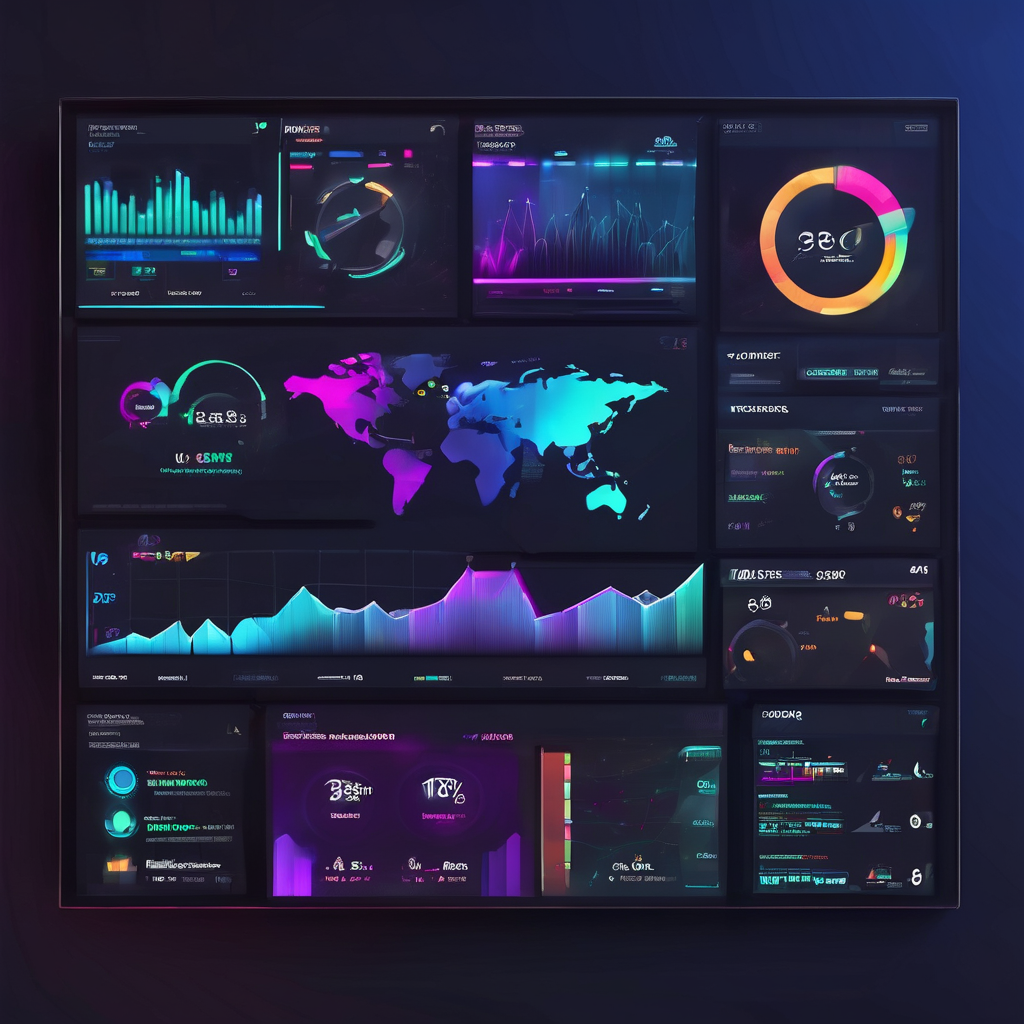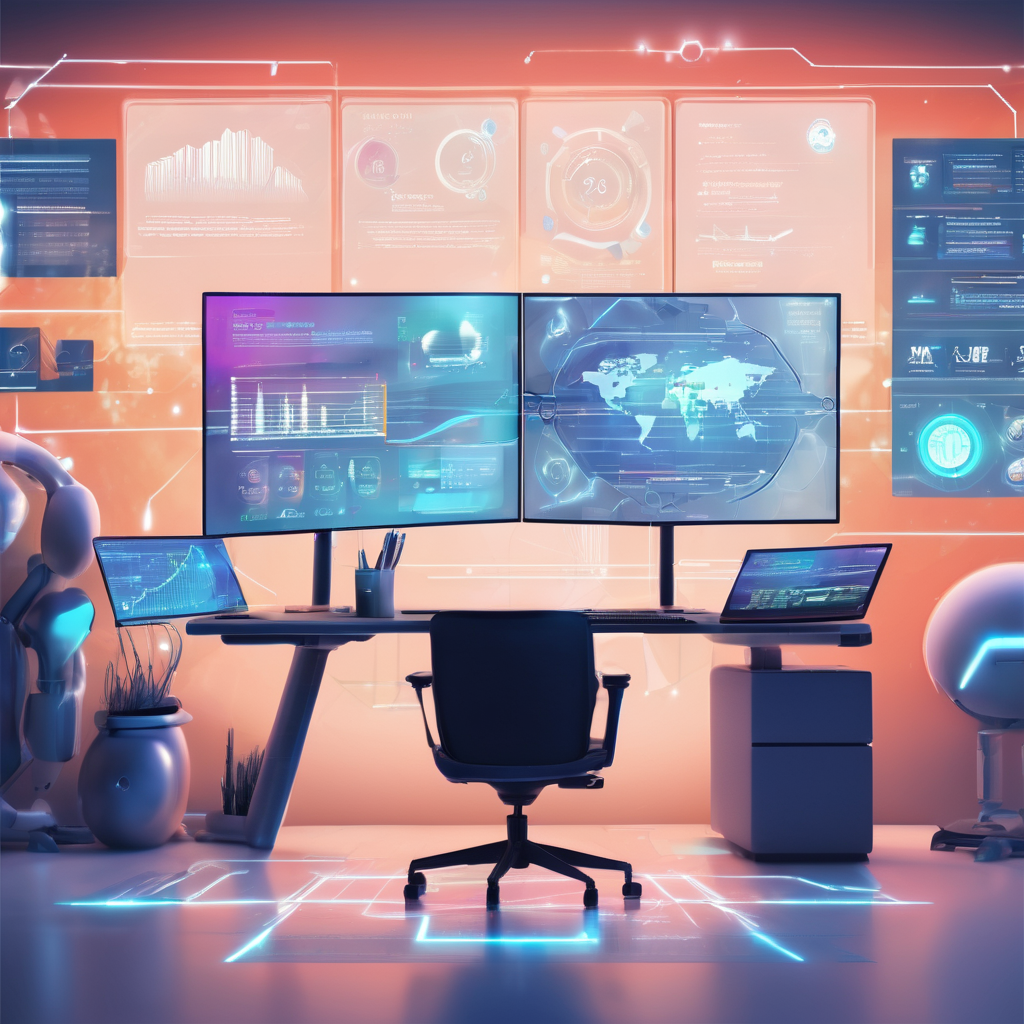
In August 2025, OpenAI announced a major milestone: ChatGPT, its advanced conversational AI platform, had reached an impressive 700 million active weekly users. This number signifies remarkable growth, representing a fourfold increase in user engagement compared to the previous year. The swift rise of ChatGPT and similar generative AI tools highlights a fundamental shift in the way people seek information and interact with technology. The increase in ChatGPT usage mirrors a growing trend where users increasingly favor conversational AI tools for obtaining answers and conducting queries traditionally handled by search engines like Google and Bing. This change is not just a shift in platform preference but indicates a deeper transformation in user behavior, information retrieval methods, and the broader digital ecosystem. For decades, traditional search engines have been the primary avenue for accessing internet information. Users input keywords or phrases and receive lists of links to web pages, articles, and other content sources. Although these platforms have continuously improved through enhanced algorithms and personalized results, they still mainly offer collections of potentially relevant websites, requiring users to navigate further and read through content to find useful information. In contrast, ChatGPT delivers direct, synthesized answers generated by advanced language models trained on extensive datasets. This conversational style provides a more immediate and engaging experience, often responding to questions in a human-like manner. For many users, this approach cuts down the time and effort needed to obtain accurate information, making it a compelling alternative to traditional search engines. The growing dependence on generative AI tools brings several implications for the future of search engines and search engine optimization (SEO).
As user queries shift toward AI-driven platforms, conventional SEO strategies that emphasize keyword rankings and backlinks may need to evolve or risk becoming outdated. Content creators and businesses must rethink how their information is accessed and presented within AI-generated answers, which commonly draw from multiple sources and prioritize concise, authoritative content. Moreover, search engines are responding to this trend by integrating AI capabilities into their platforms. Google's adoption of AI features within its search algorithms and introduction of new intelligent tools exemplifies the industry's efforts to remain competitive and relevant. Yet, balancing algorithmically curated links with AI-synthesized answers remains a crucial area of ongoing development and discussion. The rise of AI-powered search experiences also raises vital concerns about information accuracy, bias, and transparency. Unlike traditional search results, which allow users to evaluate individual sources, AI-generated responses can obscure information origins, potentially leading to misinformation or an overreliance on a singular AI perspective. Ensuring accountability and maintaining trust in AI systems will be essential as their use becomes increasingly widespread. In summary, OpenAI’s announcement of ChatGPT’s rapid user growth marks a critical moment in the evolution of digital information access. The quadrupling of active weekly users within just one year reflects the public’s enthusiasm for conversational AI and its potential to fundamentally change how knowledge is sought. As this trend advances, search engines, SEO professionals, content creators, and users alike will need to navigate the challenges and opportunities arising from generative AI tools’ emergence in the information landscape. The future of search is clearly becoming more interactive, intelligent, and conversational, heralding a new era of human-computer interaction.
ChatGPT Reaches 700 Million Weekly Users in 2025 Marking AI-Driven Shift in Search Behavior


C3.ai, a leading enterprise artificial intelligence software provider, has announced a major restructuring of its global sales and services organization to boost operational efficiency and better align resources with long-term growth goals.

Snack manufacturer Mondelez International is utilizing a newly developed generative artificial intelligence (AI) tool to drastically cut costs in marketing content creation, achieving a 30% to 50% reduction in production expenses, according to a senior company executive.

South Korea is poised to make a major advancement in artificial intelligence by planning to build the world’s largest AI data center, with a power capacity of 3,000 megawatts—about three times larger than the existing "Star Gate" data center.

Krafton, the well-known publisher behind popular games like PUBG and Hi-Fi Rush, is undertaking a bold strategic transformation by integrating artificial intelligence (AI) into almost every aspect of its operations.

The rise of AI-generated video content has sparked significant discussion in the digital media industry, bringing urgent ethical concerns to the forefront.

Artificial intelligence (AI) is becoming an essential tool for improving user experience and engagement through advanced search engine optimization (SEO) techniques.

For a glimpse of today’s turmoil, look no further than the nearest office.
Launch your AI-powered team to automate Marketing, Sales & Growth

and get clients on autopilot — from social media and search engines. No ads needed
Begin getting your first leads today